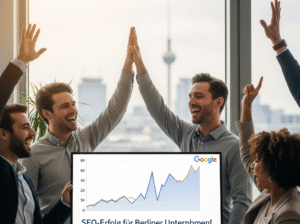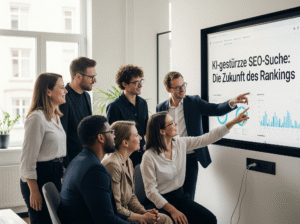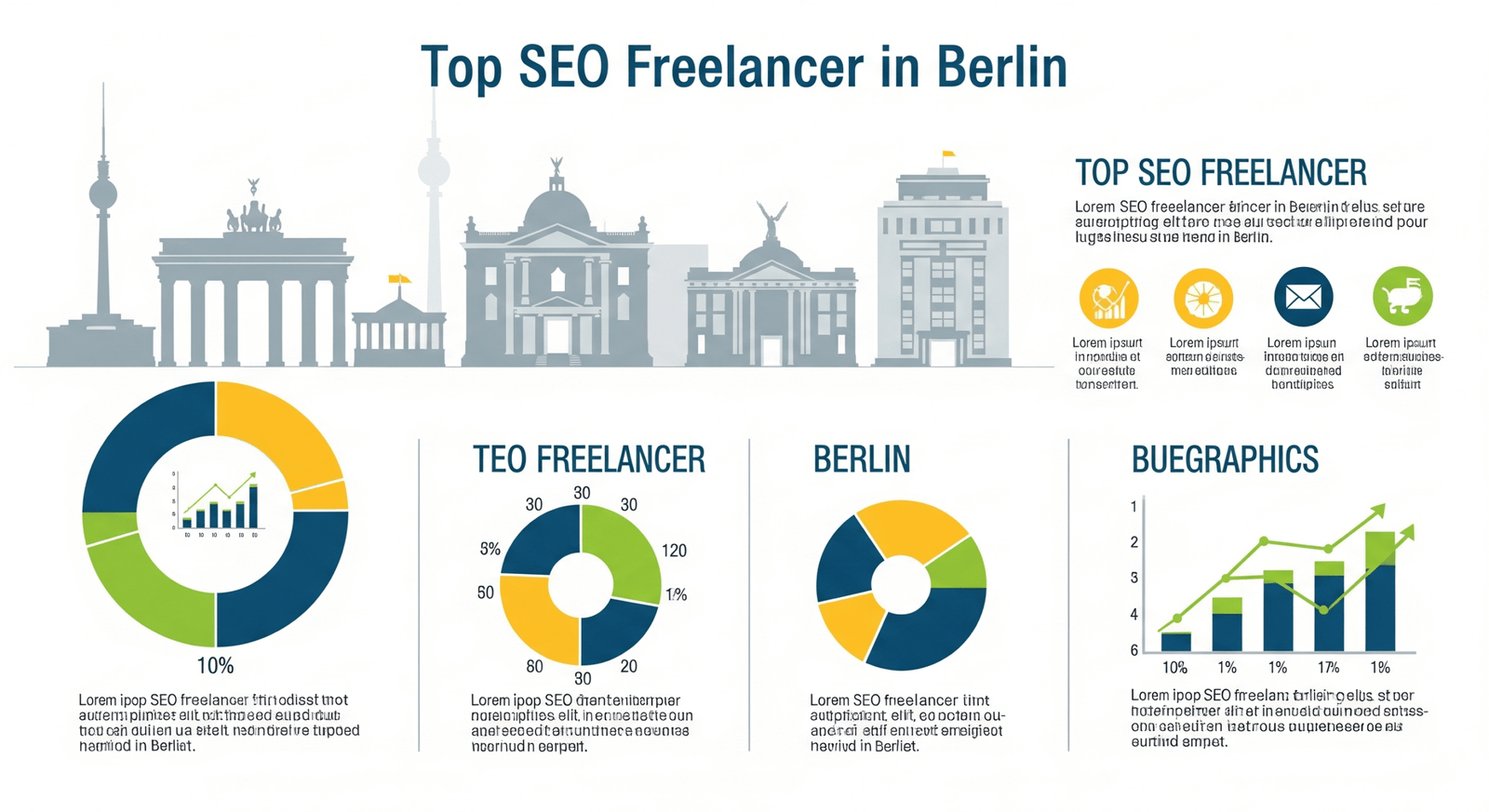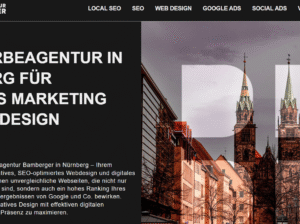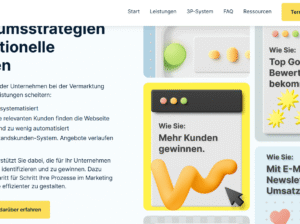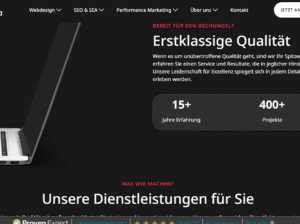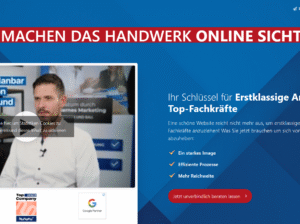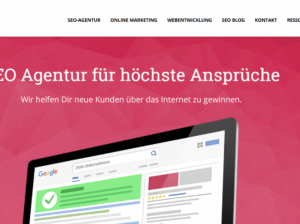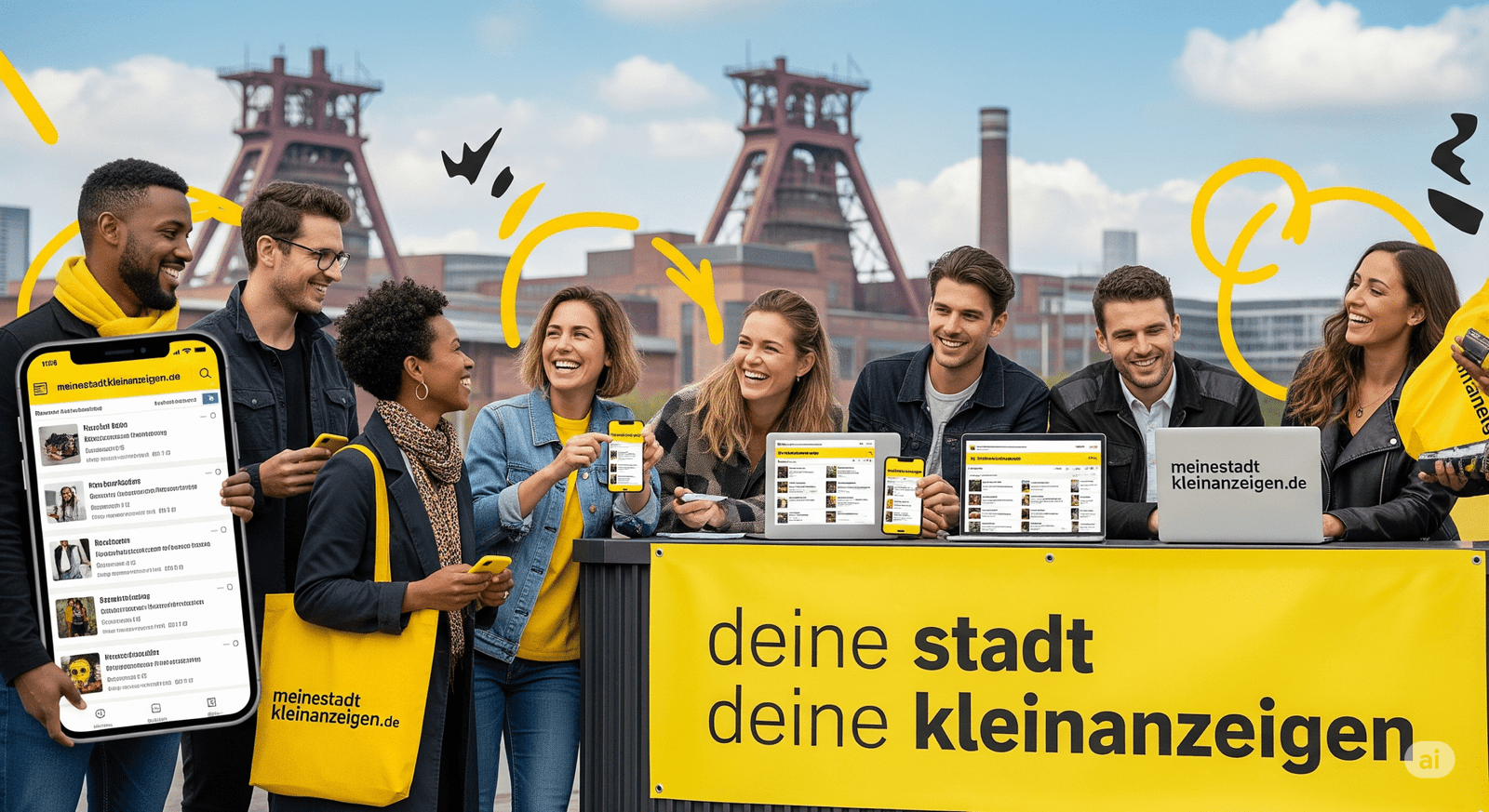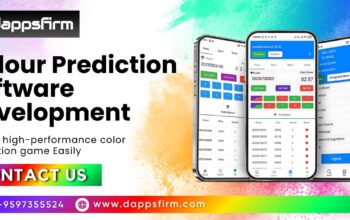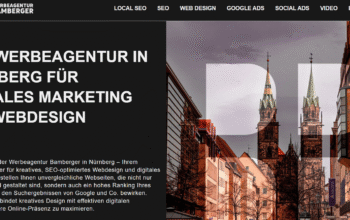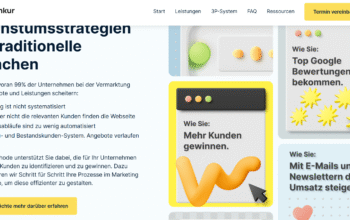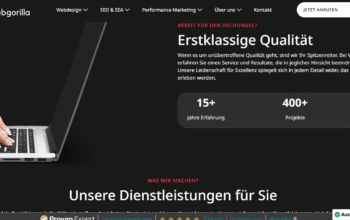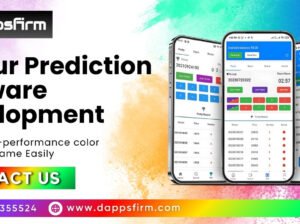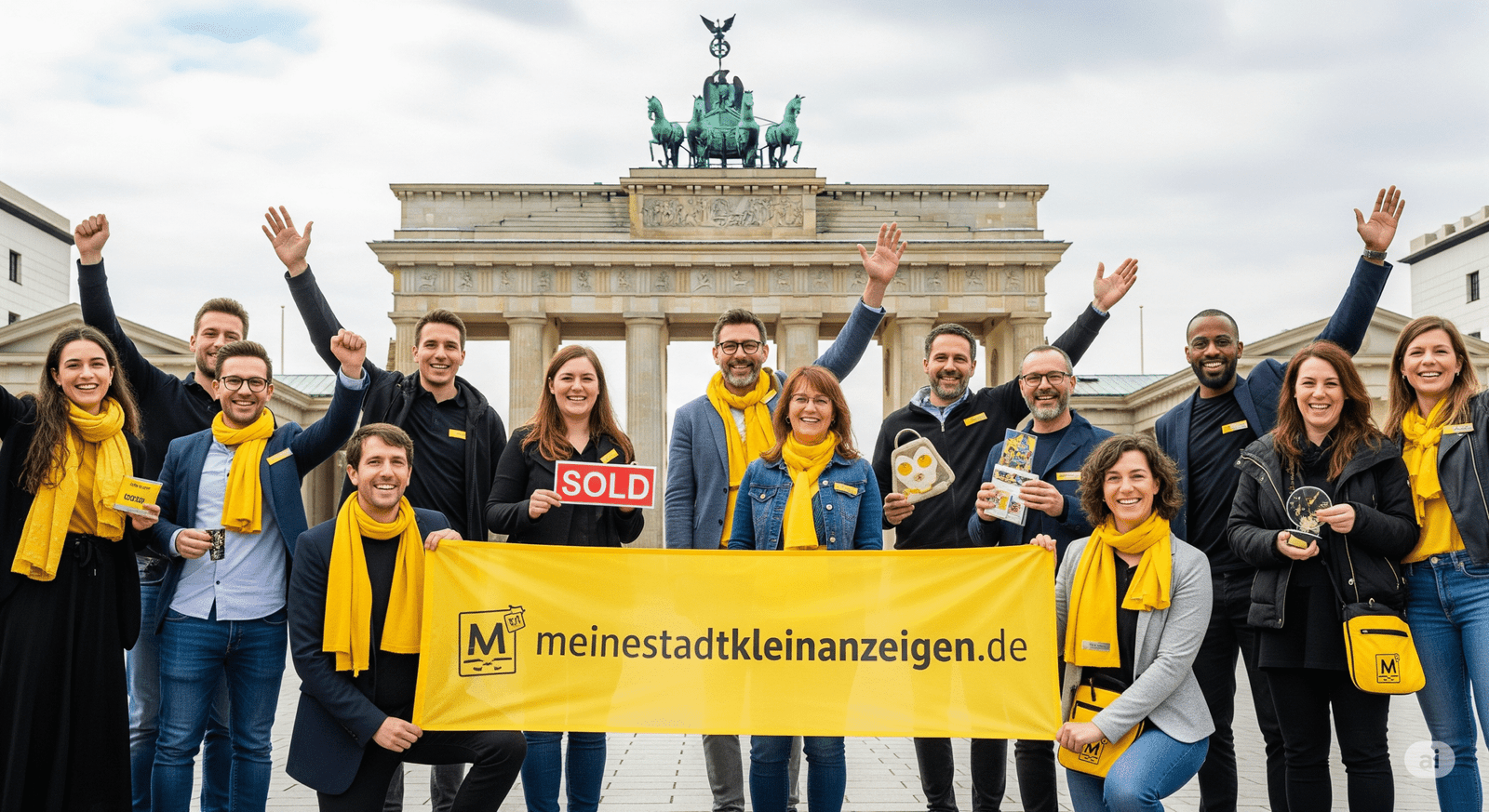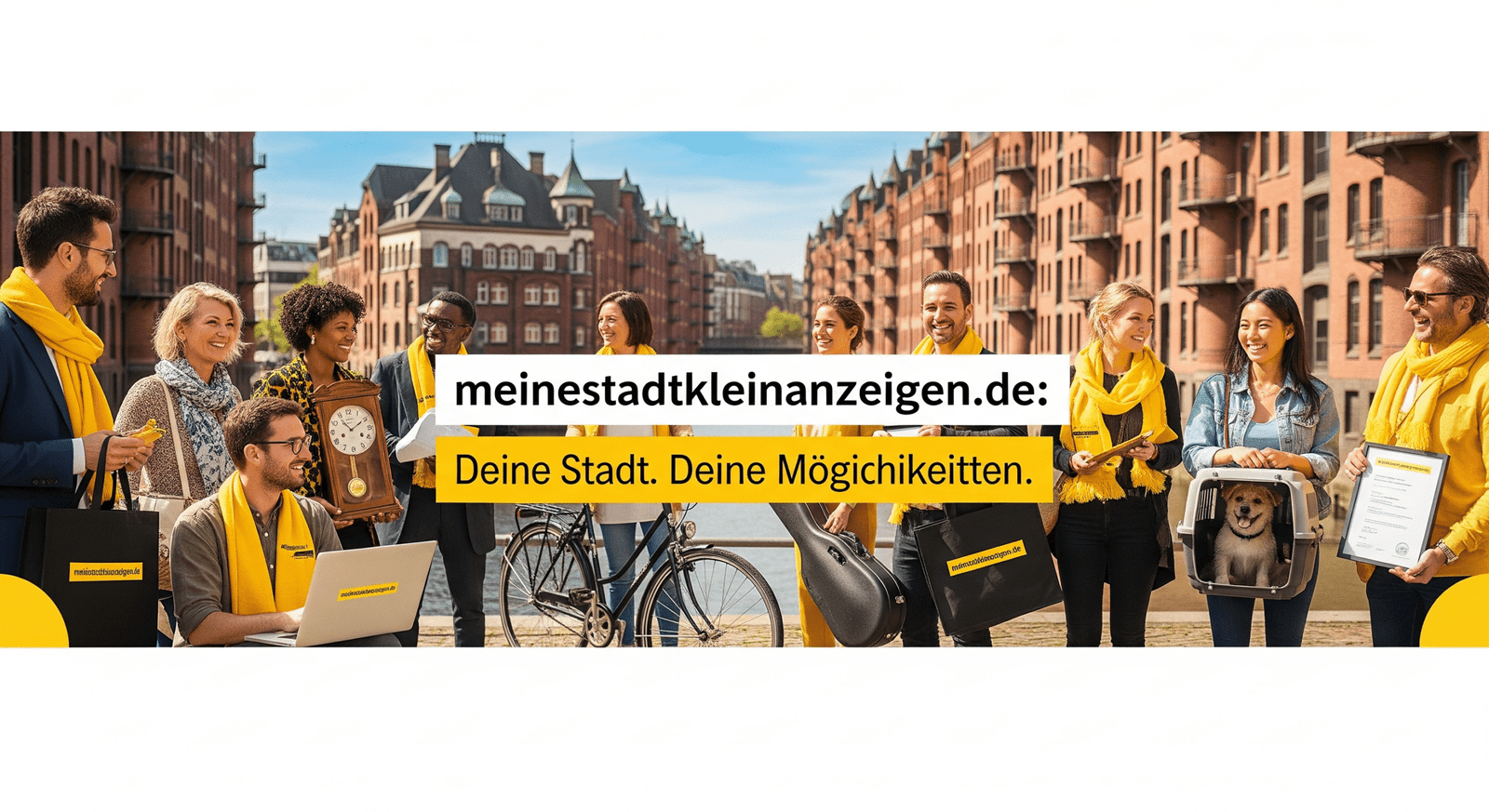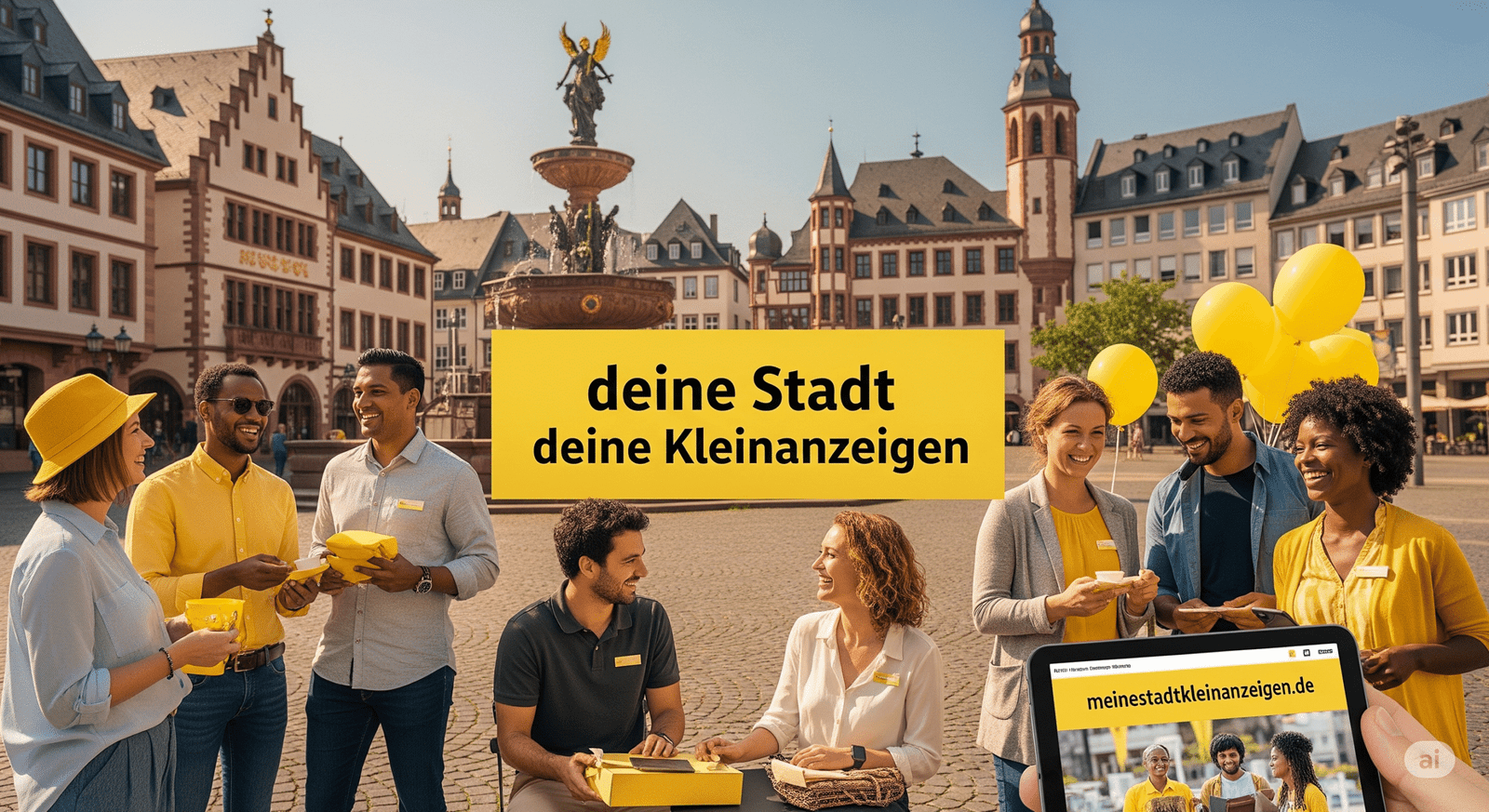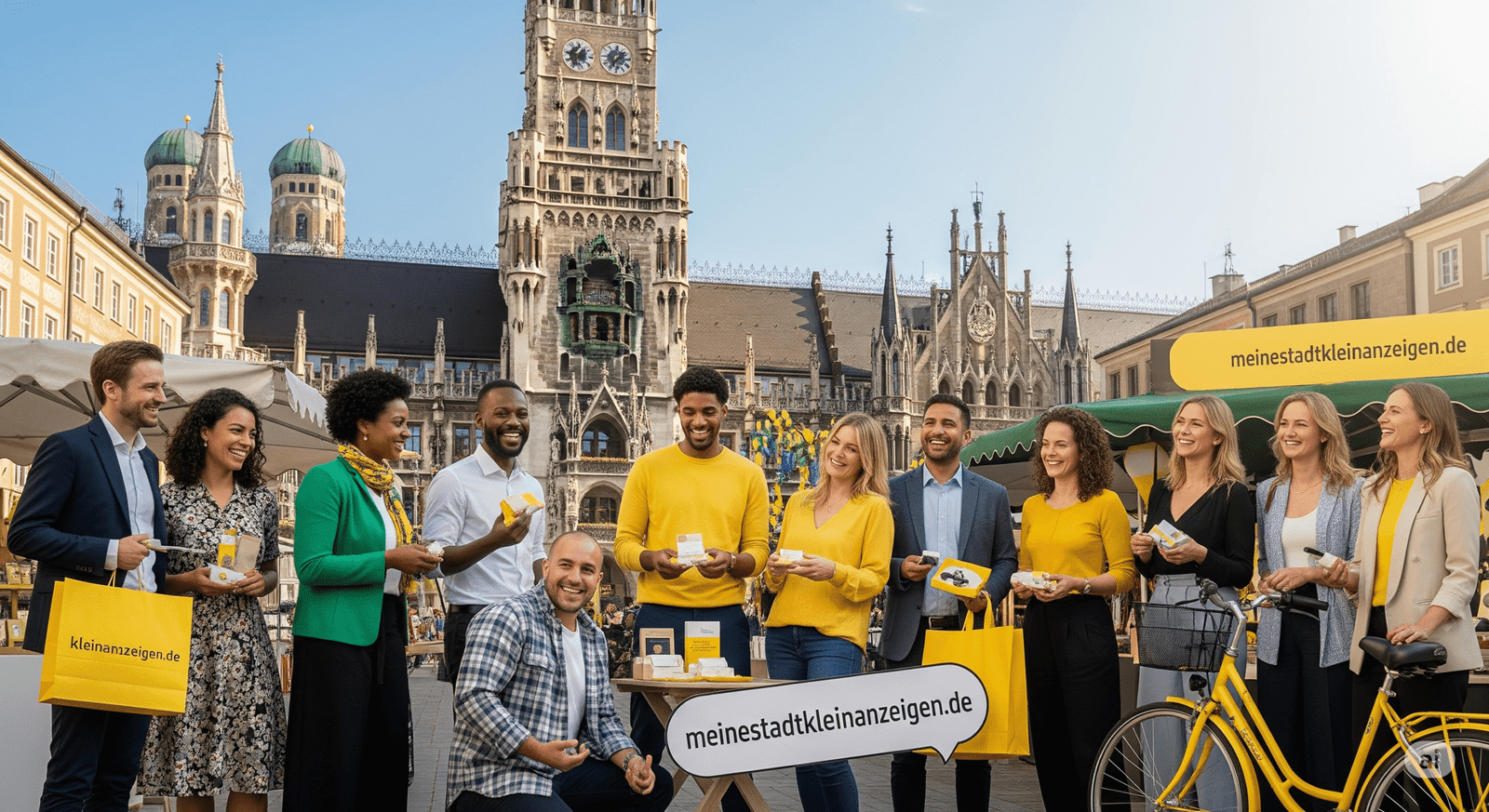1. The Shopify Web Design Process: A Step-by-Step Guide from Concept to Launch
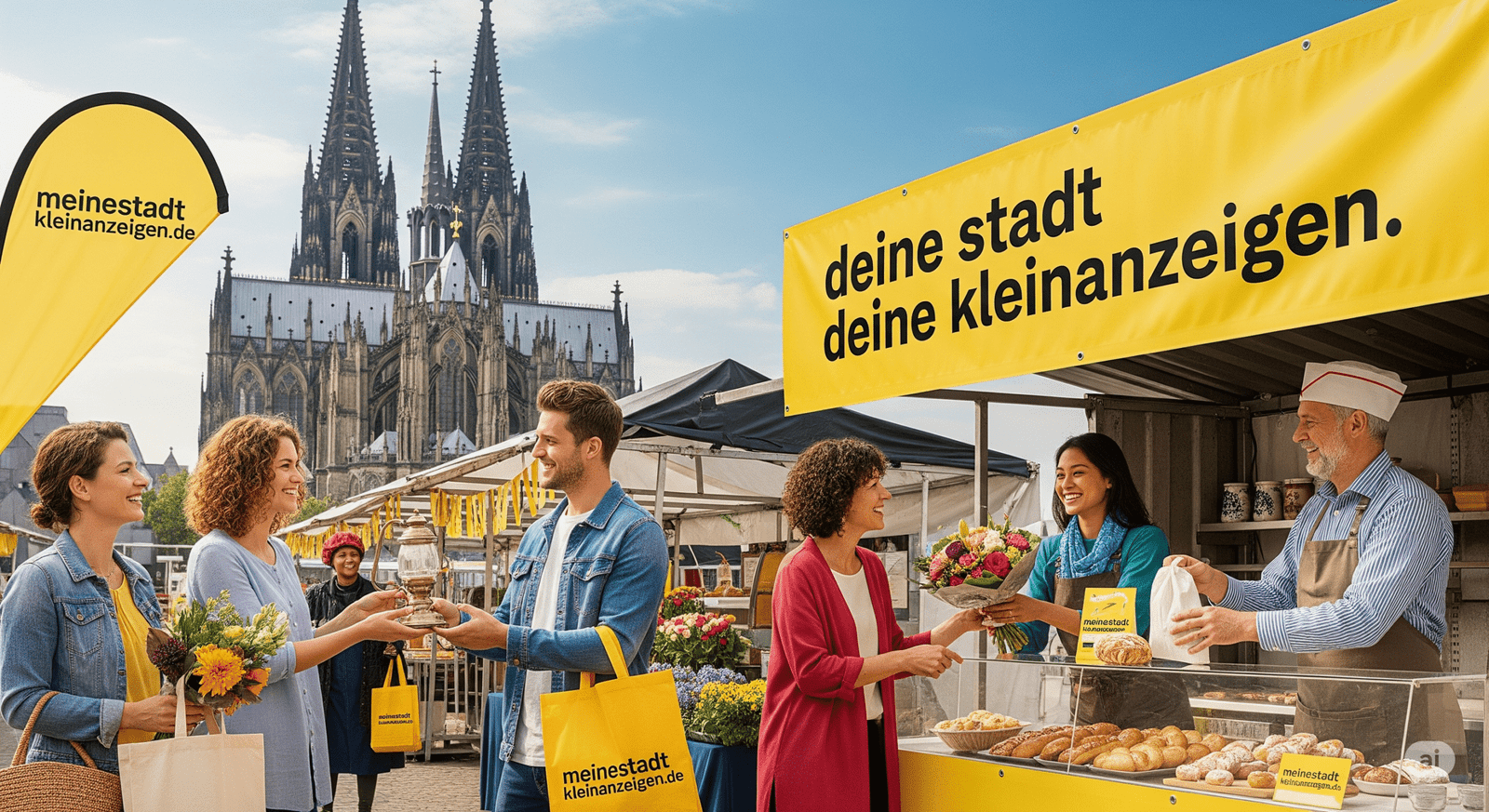
Embarking on a new Shopify project can feel overwhelming, but top Munich agencies follow a structured process to ensure a smooth and successful journey. It typically begins with a deep discovery phase, where the agency works to understand your brand, target audience, business goals, and technical requirements. This is the foundation upon which the entire project is built. Following discovery, the strategy phase involves creating user personas, mapping customer journeys, and defining the site architecture. This strategic blueprint ensures that every design and development decision is aligned with your objectives. The next stage is UX/UI design, where wireframes and mockups are created to visualize the store's layout and user flow before any code is written. Once the design is approved, the development phase kicks in. This is where the agency's Shopify experts bring the designs to life, building a custom theme, integrating necessary apps, and configuring the back-end. Rigorous testing across multiple devices and browsers is crucial to iron out any bugs. The final steps involve content population, client training, and the much-anticipated launch. A great agency partner doesn't disappear after launch; they provide ongoing support and optimization to help you grow.
2. How Much Does a Shopify Website Cost in Munich? (2025 Pricing Guide)
Budgeting for a Shopify project is a critical first step. In a competitive market like Munich, prices can vary significantly based on the agency's reputation and the project's complexity. For a small business or startup, a basic Shopify store using a pre-built theme with minor customizations might range from €3,000 to €8,000. This is a great entry point for testing a new product or idea. A more common scenario for growing businesses is a custom-designed Shopify store. This involves creating a unique design from scratch and developing a bespoke theme, offering greater brand alignment and flexibility. These projects typically start at €10,000 and can go up to €25,000. For large-scale enterprises or businesses with complex requirements—such as custom app development, third-party system integrations (ERP, CRM), or migration to Shopify Plus—the investment can be €30,000 to €100,000 or more. It's important to remember that you're not just paying for a website; you're investing in a strategic business asset. When evaluating proposals, look beyond the price tag and consider the value, expertise, and potential return on investment the agency offers.
Cost Tally:
- Basic Setup (Template-based): €3,000 - €8,000
- Custom Design & Build: €10,000 - €25,000
- Enterprise / Shopify Plus: €30,000+
3. Shopify SEO: A Comprehensive Guide for Bavarian Businesses
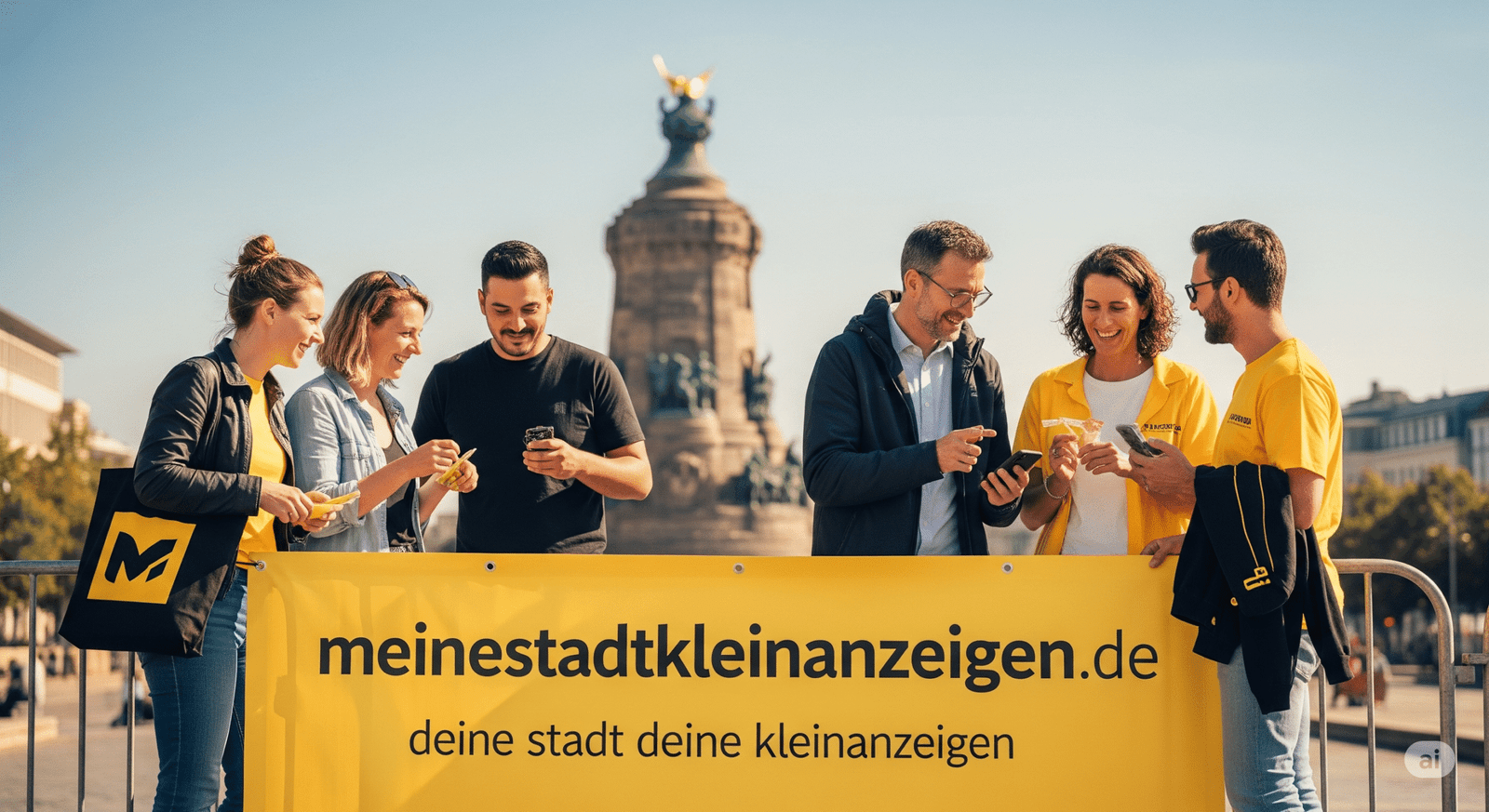
Launching a Shopify store is just the beginning; getting it seen by potential customers is the real challenge. Search Engine Optimization (SEO) is the key to driving sustainable, organic traffic. For businesses in Bavaria, this means a dual focus on national and local SEO. A comprehensive Shopify SEO strategy starts with a solid technical foundation: ensuring fast page load speeds, a mobile-first design, and a clean URL structure. Keyword research is next, identifying the terms your customers are searching for, including long-tail keywords and location-based queries (e.g., "dirndl shop münchen"). On-page SEO involves optimizing product titles, descriptions, meta tags, and image alt-text with these keywords. Content marketing is a powerful tool for attracting customers and building authority; creating blog posts, guides, and lookbooks related to your products can drive significant traffic. For local businesses, optimizing your Google Business Profile is non-negotiable. Finally, off-page SEO, particularly link building—the specialty of firms like AI Linkboost—is crucial for signaling to Google that your site is a trusted authority in its niche. A multi-faceted SEO strategy is essential for any Shopify store aiming to succeed in the competitive German market.
4. Integrating Local German Payment Gateways and Shipping
To succeed in the German e-commerce market, offering familiar and trusted payment and shipping options is paramount. While Shopify Payments (Stripe) and PayPal are globally popular, German consumers have specific preferences. Integrating payment gateways like Klarna (for invoice and installment payments), Sofort (direct bank transfer), and Giropay is crucial for maximizing conversion rates. Customers who don't see their preferred payment method are likely to abandon their cart. A proficient Munich-based Shopify agency will have extensive experience integrating these local gateways seamlessly into your checkout process. Similarly, shipping needs to be tailored to local expectations. Partnering with reliable local carriers like DHL, DPD, and Hermes is essential. Your agency can help integrate their services for real-time shipping calculations, automated label printing, and tracking updates. Offering options like Packstation delivery (a popular DHL service in Germany) can significantly enhance the customer experience. Properly configuring these payment and shipping solutions demonstrates a deep understanding of the local market and builds trust with your German customer base, leading to higher sales and customer loyalty.
5. Mobile-First Shopify Design: Capturing Munich's On-the-Go Shopper

In Germany, mobile commerce (m-commerce) is not a trend; it's the standard. A significant majority of online shopping sessions now occur on smartphones. For Munich businesses, this means a mobile-first design philosophy is not optional. This approach involves designing the mobile experience first and then adapting it for larger screens like tablets and desktops. This ensures that the core user experience is optimized for the most common device. Key elements of a strong mobile-first Shopify design include a clean, uncluttered layout, large and easily tappable buttons, a streamlined navigation menu (often a "hamburger" menu), and a simplified checkout process. Performance is even more critical on mobile; images must be optimized for fast loading, and the code should be lean to ensure a snappy experience, even on slower mobile networks. An agency that excels in mobile-first design will focus on creating an intuitive, frictionless journey for the user, from browsing products on the S-Bahn to completing a purchase while waiting for a coffee. Neglecting the mobile experience is a direct path to lost sales and a high bounce rate.
6. Headless Commerce with Shopify: The Future for Munich Startups
For the ambitious, tech-forward startups that define Munich's innovation scene, headless commerce represents the cutting edge of e-commerce. This architecture decouples the front-end presentation layer (the "head") from Shopify's powerful back-end commerce engine. In simple terms, you use Shopify to manage products, inventory, and orders, while building a completely custom, lightning-fast storefront using modern frameworks like React, Vue.js, or Next.js. The primary advantage is unparalleled flexibility and performance. Brands are no longer constrained by theme templates, allowing for unique, app-like user experiences and sub-second page loads. This is ideal for content-rich brands that want to blend commerce and storytelling seamlessly, or for businesses looking to power multiple front-ends (a website, a mobile app, IoT devices) from a single Shopify back-end. While more complex and resource-intensive to build, a headless approach gives Munich's most innovative companies the tools to create truly differentiated and superior online shopping experiences that can set them apart from the competition.
7. Shopify Plus for Large Enterprises in Bavaria
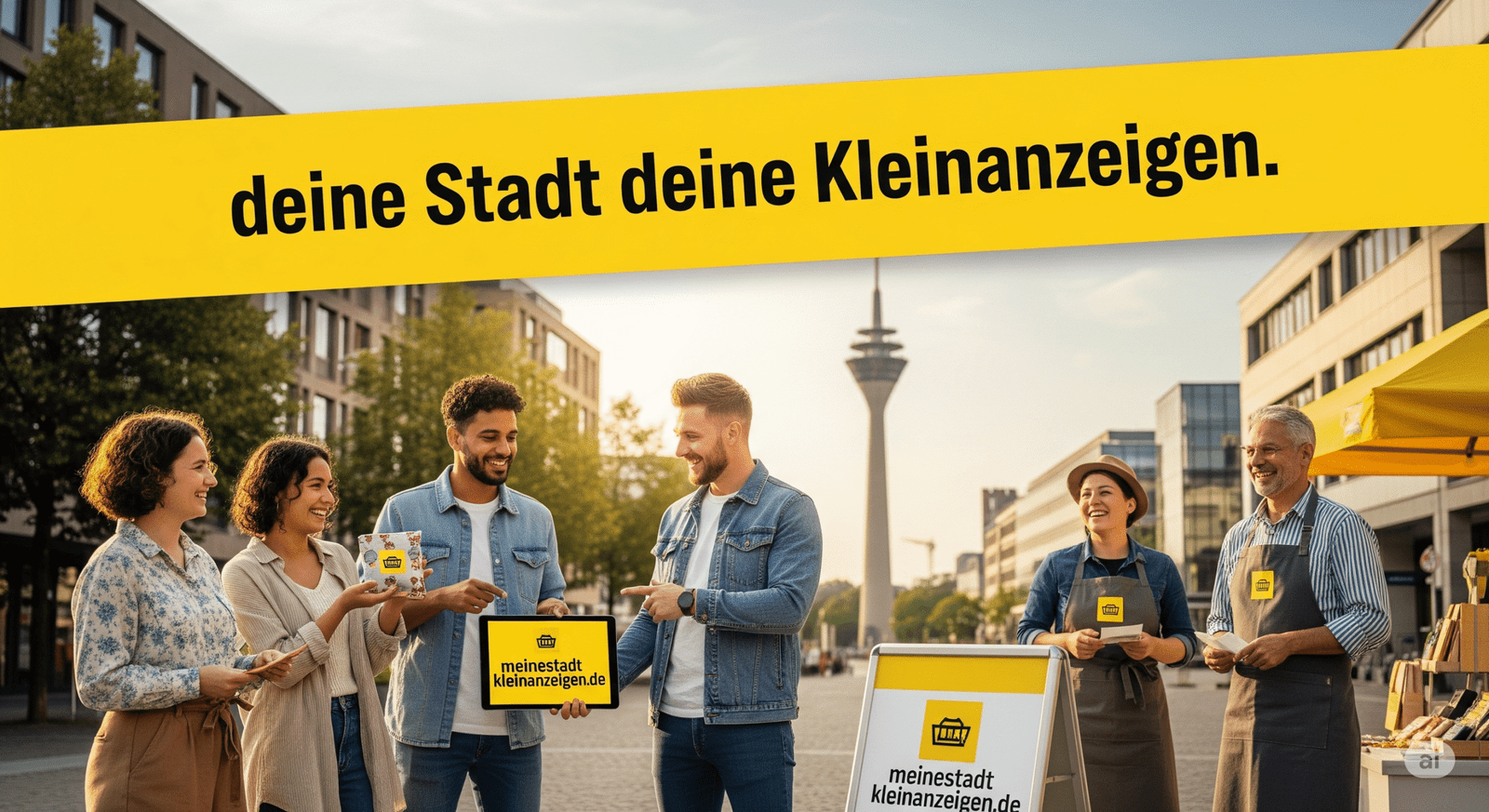
Shopify Plus is the enterprise-grade solution for high-volume merchants and established Bavarian brands. It's built to handle the complexity and scale that large businesses require. One of its standout features is Shopify Flow, an automation tool that allows businesses to create custom workflows for repetitive tasks, such as tagging high-value customers or flagging fraudulent orders. Another key tool is the Launchpad, which enables scheduling and automation of sales campaigns, product releases, and flash sales—perfect for managing major events. Shopify Plus also offers significantly higher API limits, which is crucial for complex integrations with existing enterprise systems like ERPs (e.g., SAP) and CRMs. Furthermore, it provides a customizable checkout, allowing for greater brand control over the final step in the customer journey. With dedicated merchant success managers and the ability to manage up to ten expansion stores under one account, Shopify Plus is the platform of choice for major Munich-based retailers and manufacturers looking to scale their direct-to-consumer (D2C) operations efficiently and reliably.
8. Conversion Rate Optimization (CRO) for Your Shopify Store
Getting traffic to your store is only half the battle; the real goal is to convert those visitors into paying customers. This is the science of Conversion Rate Optimization (CRO). It is a continuous process of analysis and testing to improve the user experience and persuade more visitors to take a desired action. Top agencies in Munich don't just build a store and walk away; they engage in ongoing CRO to maximize your return on investment. This involves using tools like heatmaps and session recordings to understand user behavior, identifying friction points in the customer journey. From there, they form hypotheses for improvement—perhaps changing the color of an "Add to Cart" button, simplifying the checkout form, or adding trust badges. These hypotheses are then tested using A/B testing, where two versions of a page are shown to different users to see which one performs better. Even small, incremental improvements in conversion rate, such as from 2% to 2.5%, can result in a significant increase in revenue without needing to spend more on advertising. CRO is a data-driven discipline that turns your website into a highly-tuned sales engine.
9. The Power of the Shopify App Ecosystem: Must-Have Apps
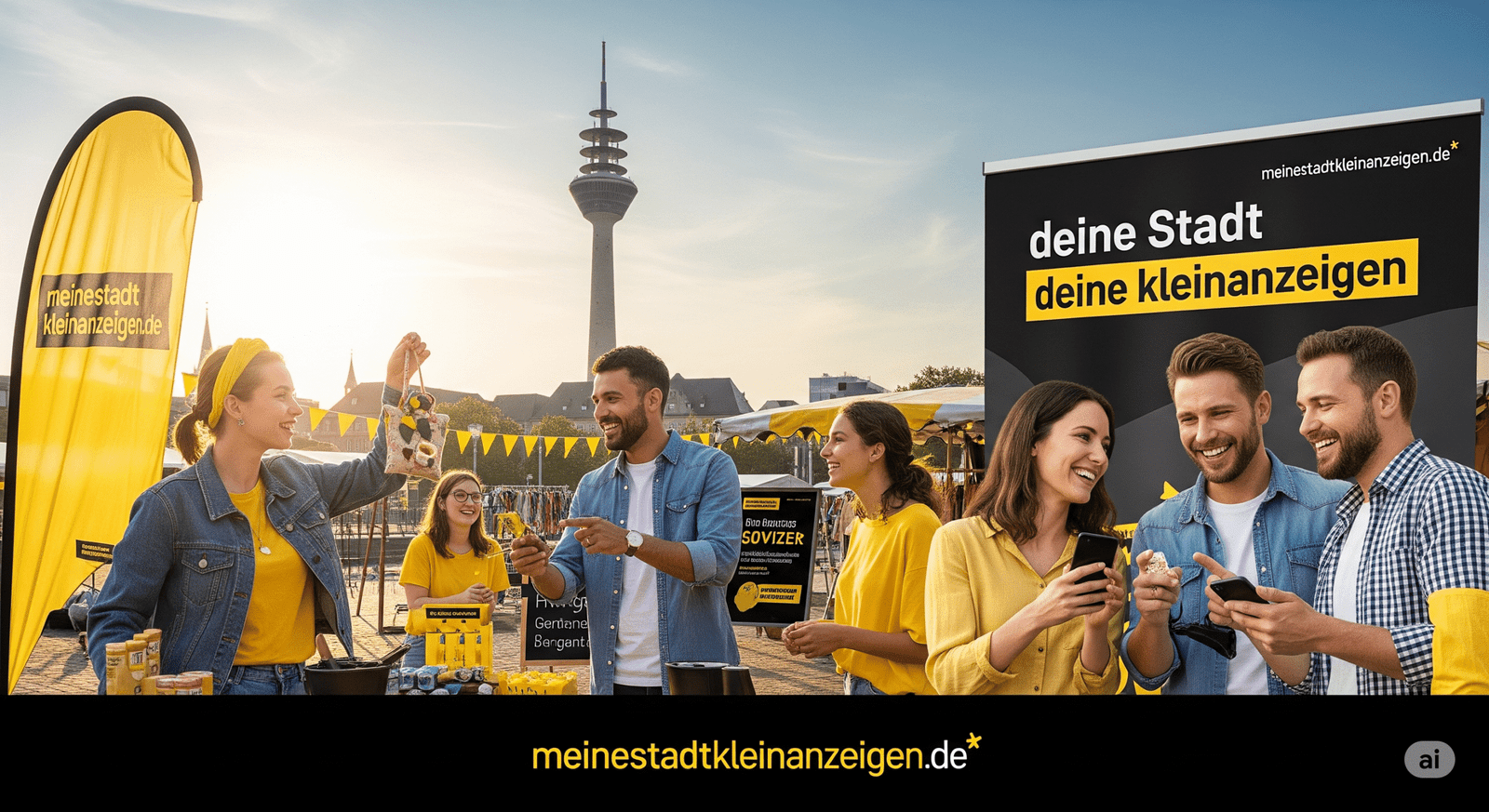
One of Shopify's greatest strengths is its extensive App Store, which allows merchants to add virtually any functionality imaginable. However, navigating the thousands of options can be daunting. A skilled agency helps you select a curated set of high-quality apps that enhance your store without slowing it down. For marketing, Klaviyo is the gold standard for email and SMS automation, offering deep integration with Shopify data. For building social proof, apps like Loox or Yotpo enable photo reviews and user-generated content galleries. To improve your store's SEO, an app like Plug in SEO or Yoast SEO can help you manage meta tags and identify issues. For customer support, integrating a live chat app like Tidio or a helpdesk like Gorgias can dramatically improve customer satisfaction. And for legal compliance in Germany, apps that manage cookie consent and generate legal texts are essential. The key is to choose apps that are well-coded, regularly updated, and provide real value. An experienced agency can distinguish the essential tools from the bloatware, ensuring your store remains fast, functional, and effective.
10. Legal Compliance (DSGVO/GDPR) for German Shopify Stores
Operating an e-commerce store in Germany requires strict adherence to data protection and consumer rights laws, primarily the DSGVO (Datenschutz-Grundverordnung), which is the German implementation of GDPR. Non-compliance can lead to significant fines and legal challenges. A professional Munich-based agency will be intimately familiar with these requirements. Key compliance points include a readily accessible Impressum (legal notice) with full company details, and a comprehensive Datenschutzerklärung (privacy policy) explaining how customer data is collected, used, and stored. A legally compliant cookie consent banner is also mandatory, requiring active and informed consent from users before tracking cookies are placed. Furthermore, processes like newsletter sign-ups must use a double opt-in method. The entire checkout process, including how prices, taxes, and shipping costs are displayed, is also subject to specific regulations. Building a store with a German-focused agency ensures that these legal nuances are integrated into the site's foundation, protecting your business and building trust with your customers, who are increasingly conscious of their data privacy rights.
11. Migrating to Shopify from WooCommerce or Magento
Many businesses reach a point where their current platform, like WooCommerce or Magento, becomes a bottleneck to growth due to high maintenance costs, slow performance, or a clunky user interface. Migrating to Shopify is a popular solution, but it's a delicate process that requires expert handling. A professional migration involves more than just moving data; it's a strategic overhaul. The first step is a thorough audit of the existing site to plan the data transfer of products, customer accounts, and order history. The most critical part of the process for preserving search engine rankings is implementing a comprehensive URL redirect strategy. This ensures that old links from Google and other sites point to the new pages on Shopify, preventing "404 not found" errors and a loss of SEO equity. An experienced agency will use specialized tools to ensure a seamless transfer with minimal downtime. They will also take the opportunity to clean up data, optimize the site structure for Shopify, and ensure all integrations and custom functionalities are replicated or improved on the new platform. A successful migration, guided by experts, can re-energize a business and set it on a new path for scalable growth.
12. Internationalization with Shopify Markets

For Munich businesses with global ambitions, Shopify Markets is a game-changing feature. It provides a centralized hub within the Shopify admin to manage all aspects of international selling. This tool simplifies the complexity of cross-border commerce, allowing you to create tailored experiences for different countries or regions. You can easily set up local currencies, ensuring customers see prices in a familiar format, which significantly boosts conversion rates. Shopify Markets also integrates with local payment gateways preferred in different countries. It helps you manage international domains or subfolders (e.g., yourshop.de vs. yourshop.fr) to improve local SEO. One of the most powerful features is the ability to calculate and collect duties and import taxes at checkout, providing full cost transparency to the customer and avoiding unpleasant surprises upon delivery. An agency can help you leverage Shopify Markets to develop a targeted international strategy, identifying key growth markets and customizing your storefront to resonate with local cultures and buying habits, turning your Munich-based store into a global brand.
13. Content Marketing Strategies for E-commerce Success
Content marketing for e-commerce is about more than just writing blog posts. It's a strategic approach to creating and distributing valuable, relevant content to attract and retain a clearly defined audience — and, ultimately, to drive profitable customer action. For a Shopify store in Munich, this could mean creating a detailed guide on choosing the right hiking gear for the Bavarian Alps, or a lookbook showcasing fashion styled in iconic Munich locations. Effective content marketing builds brand authority and trust. It answers your customers' questions and helps them solve their problems, positioning your brand as a helpful expert. This approach is also incredibly powerful for SEO. By creating content around topics related to your products, you can rank for a wide range of long-tail keywords, attracting customers at the top of the sales funnel who are still in the research phase. Video tutorials, how-to guides, and user-generated content campaigns are all part of a modern content strategy. Agencies like AI SEO Search excel at weaving content marketing into a holistic SEO plan, ensuring that the content you create not only engages your audience but also directly contributes to your search engine visibility and bottom line.
14. Building a Brand Identity Through Custom Shopify Theming
While Shopify's theme store offers many excellent starting points, a truly unique brand requires a custom-built theme. A custom theme, developed from the ground up by a skilled agency, allows your brand's visual identity and personality to be expressed in every pixel of your online store. It liberates you from the constraints of pre-built templates, enabling unique layouts, custom animations, and interactive elements that create a memorable and engaging user experience. More importantly, a custom theme is built for performance and your specific business needs. The code is clean and optimized, containing only the features you require, which leads to faster loading times. It allows for the creation of bespoke user flows and functionalities that are perfectly tailored to how you want your customers to shop. For a premium brand in a discerning market like Munich, a generic, off-the-shelf look can dilute brand perception. Investing in a custom theme is an investment in your brand itself, creating a digital flagship store that is as unique and well-crafted as your products.
15. Analytics and Reporting: Tracking Your Shopify Success

"What gets measured, gets managed." This adage is the heart of successful e-commerce. Your Shopify store is a rich source of data, and understanding how to interpret it is key to making smart business decisions. Both the built-in Shopify Analytics and the more powerful Google Analytics 4 provide critical insights into your store's performance. Key metrics to monitor include your overall conversion rate, average order value (AOV), and customer lifetime value (CLTV). It's also vital to understand where your traffic is coming from (e.g., organic search, social media, paid ads) and which channels are most profitable. Tracking your cart abandonment rate can highlight friction in your checkout process, while analyzing your top-selling products can inform your marketing and inventory strategies. A good agency doesn't just deliver a website; they help you set up your analytics correctly and provide regular reports that translate raw data into actionable insights. They help you understand the story your data is telling, enabling you to optimize your marketing spend, improve your user experience, and drive sustainable growth.
16. The Role of User-Generated Content and Reviews
In the digital age, trust is your most valuable currency. Modern consumers, particularly in savvy markets like Munich, are often skeptical of traditional advertising. They trust recommendations from real people far more than they trust brand messaging. This is why user-generated content (UGC) and customer reviews are so powerful. UGC refers to any content—photos, videos, reviews, social media posts—created by your customers rather than your brand. Integrating customer photos on your product pages, for example, provides powerful social proof, showing potential buyers how your products look and are used in real life. Encouraging customers to use a specific hashtag on Instagram can create a stream of authentic marketing content. Customer reviews are another non-negotiable element. A steady stream of recent, positive reviews can dramatically increase your conversion rate. Top agencies will integrate powerful review apps like Loox, Yotpo, or Judge.me, which not only collect reviews but also encourage customers to upload photos and videos, turning your satisfied customers into your most effective sales force.
17. Email Marketing Automation for Shopify Stores
Email marketing remains one of the highest-ROI activities for any e-commerce business. It's a direct line of communication to your most engaged audience: people who have already shown interest in your brand. The key to effective email marketing is automation. By setting up automated email sequences, or "flows," you can send timely, personalized messages to customers at critical points in their journey. The most important flow is the abandoned cart sequence. A series of automated emails reminding a customer about the items they left in their cart can recover a significant amount of otherwise lost revenue. A welcome series for new subscribers can introduce your brand story and offer a small discount to encourage a first purchase. Post-purchase follow-ups can request a review or suggest related products. Using a powerful platform like Klaviyo, which integrates deeply with Shopify, allows you to segment your audience and personalize these automations based on their browsing history and purchase behavior. A full-service agency like RM Digital24 can design and implement these crucial email flows, creating an automated system that nurtures leads and drives sales 24/7.
18. Leveraging Social Commerce on Instagram and Facebook
Social media is no longer just a place for brand awareness; it's a powerful sales channel. Social commerce is the practice of selling products directly within social media platforms, and Shopify's integrations with Facebook and Instagram make this seamless. By connecting your Shopify catalog, you can create a "Shop" tab on your Facebook page and enable Instagram Shopping, allowing you to tag products directly in your posts and stories. When a user sees a product they like, they can tap on the tag to view its details and price, and then click through to your Shopify store to complete the purchase. This dramatically shortens the path from discovery to conversion, capturing customers in the moment of inspiration. For visually-driven brands in fashion, home decor, or food, this is an essential strategy. A digital marketing agency can help you set up and optimize these channels, create compelling content that drives engagement, and run targeted ad campaigns that push users to your shoppable posts, turning your social media presence into a significant revenue stream.
19. Post-Launch Support and Maintenance Retainers
Launching your Shopify store is a major milestone, but it's the beginning of the journey, not the end. A website is a living asset that requires ongoing care and attention to perform at its best. This is where post-launch support and maintenance retainers come in. A retainer agreement with your agency ensures you have a dedicated team of experts on hand to keep your store running smoothly. This typically includes technical support for any issues that arise, regular updates for your theme and apps to patch security vulnerabilities and add new features, and performance monitoring to ensure your site remains fast and responsive. Beyond simple maintenance, many retainer packages include a set number of hours for strategic work. This time can be used for implementing new features, making design tweaks, or conducting CRO experiments. A support retainer provides peace of mind, knowing that your significant investment is protected and that you have a strategic partner dedicated to your long-term growth and success in the competitive Munich e-commerce landscape.
20. The Importance of High-Quality Product Photography
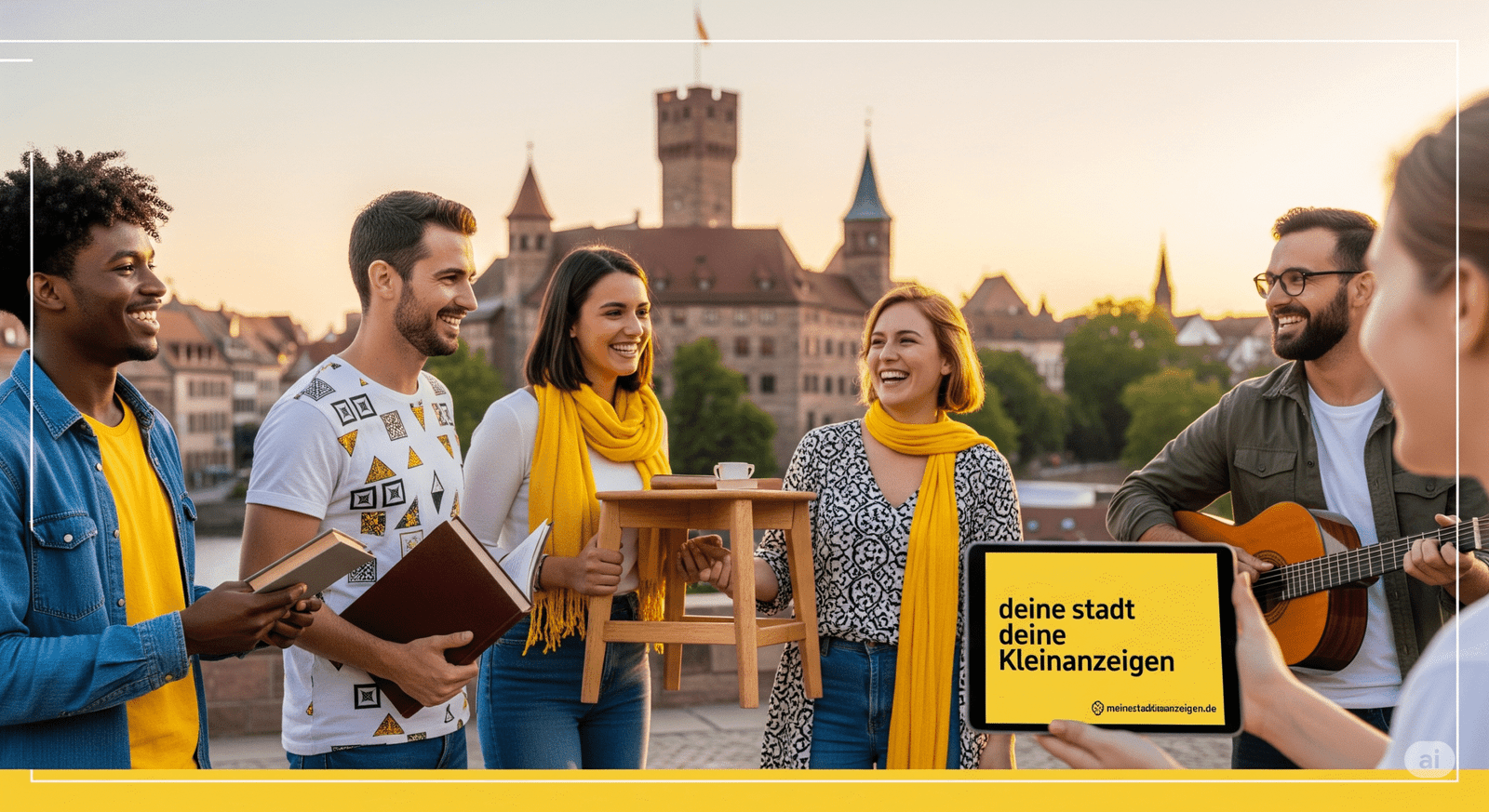
In online retail, your product photography is your single most important sales tool. Since customers cannot touch, feel, or try on your products, your images must do all the work of conveying quality, detail, and value. Investing in professional product photography is not a luxury; it's a fundamental requirement for success. Your store should feature a variety of images for each product. This includes clean, high-resolution shots on a pure white background, which are standard for collection pages and shopping feeds. Equally important are lifestyle photos that show the product in context, helping customers visualize themselves using it. For example, a Munich-based fashion brand should have photos of their clothing being worn in recognizable local settings. Detailed close-up shots are also crucial for highlighting materials, texture, and craftsmanship. In recent years, product videos and 360-degree views have become increasingly popular for providing an even more comprehensive look. While your web design agency may not offer photography services directly, they will design your product pages around the assumption of high-quality visuals and can provide clear guidelines on the types and dimensions of images needed to make their design truly shine.


